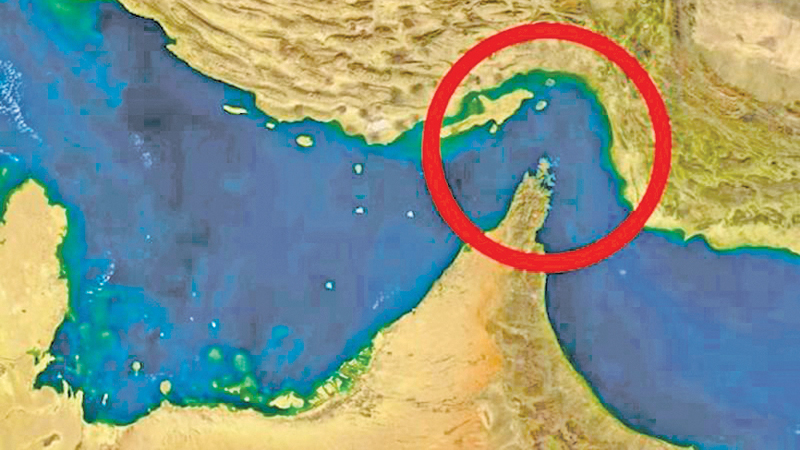The Israel and Iran fragile truce is fraught with complications leaving the closure of the Strait of Hormuz a real fear for the supply chain.
President Donald Trump used expletives in exasperation at both Israel and Iran as hours after a ceasefire was declared both sides were again apparently aiming missiles and bombs at each other.
Reserving much of his ire for the US ally Trump said that when he announced the ceasefire Israel had “dropped the biggest load of bombs that I’ve seen,” immediately after the announcement, but before the deadline for the ceasefire, “I’m not happy with Israel.”
Such fragility in the ceasefire only serves to cause further confusion and uncertainty in global markets and by extension through to the supply chains and the maritime sector including the container shipping sector.
If this truce cannot be sustained, and it looks extremely fragile at this time, the expectation that Iran may again threaten to block the Straits of Hormuz could have major consequences for the maritime sector and for the region.
MDS Transmodal analyst Antonella Teodoro the initial shock of the Israel – Iran conflict would been greater to shipping and the supply chain if it hadn’t been preceded by nearly two years of geopolitical strife since the initial Palestinian attacks in October 2023.
“Vessel operators are getting used to this new reality,” said Teodoro who accepts that the blocking of the Straits of Hormuz would be a major blow to oil and gas operators, but container lines may just decide that they “don’t want the disruption and uncertainty” and that would be a problem for the region.
Total container vessel capacity passing through the Straits of Hormuz is 3.2 million teu, according to Linerlytica data, with much of that freight transhipped at the UAE port of Jebel Ali.
“The position of Jebel Ali as the region’s primary transhipment and logistics hub would come under significant pressure. With both Hormuz and the Red Sea compromised, its connectivity to Asia, Africa, and Europe would deteriorate – raising questions about the port’s resilience and long-term role,” said Teodoro.
It is difficult to see how Red Sea ports such as Jeddah, Aqaba, and Damietta, which were an alternative to the Arabian Gulf could act as alternative gateways as they had done in the past, given the heightened tension in the Red Sea and the continued diversion of ships around the Cape. – Maritime Executive







